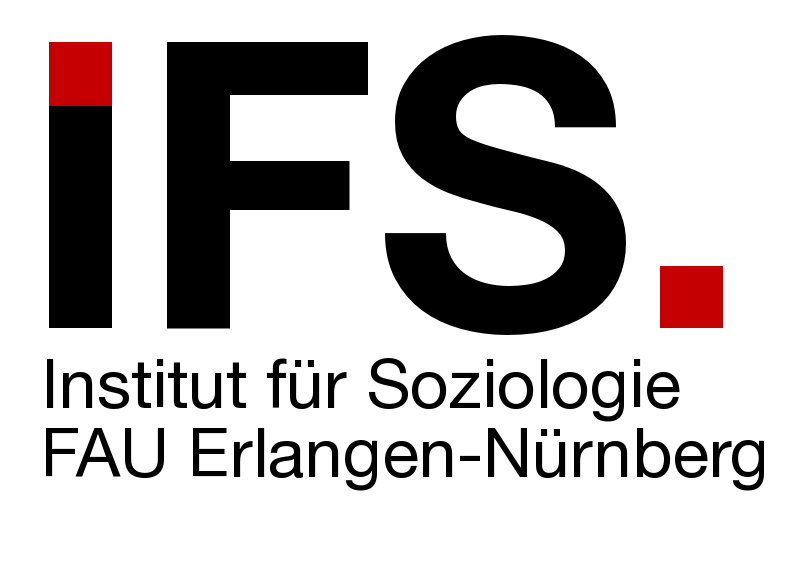EU-Professionalismus. Eine wissenssoziologische Studie zur Professionalisierung von EU-Expertise
Basisinformationen:
- Typ: Drittmittelprojekt
- Laufzeit: 2012 – 2015
- Förderung: Deutsche Forschungsgemeinschaft (DFG)
Projektbeschreibung:
This project researches the emergence and spread of new professions in the course of ongoing Europeanization. It investigates how and to which extent the process of Europeanization leads to the formation of a new group of professionals which deal with aspects of the Europeanization of national societies. The European Union is seen as an opportunity structure for the growth of these so-called “EU-professions”. Thus, the project rests on two types of literatures: on the one hand, literature which deals with the increasing role of expert knowledge, new professions and new knowledge regimes, and, on the other hand, on research interested in new forms of horizontal Europeanization understood as cross-border interactions, networks and new forms of connectedness. It asks whether we can observe the emergence of a new type of knowledge experts which act as agents and carriers of Europeanization and contribute to a Europeanization of national fields. The overarching question is, how these groups transmit European expertise and knowledge into national fields. The research group investigates which specific type of knowledge is acquired and used by the EU professions, which self-understanding is represented by this group and how national fields are affected by their professional activities. Moreover, the project also has a comparative perspective, i.e. it compares Germany and Poland, one old member-state of the European Union, and one new member-state of the European Union, and deals with four selected areas of professional activities: fundraising, culture/identity politics, EU-law, and EU-experts in local communities, cities, counties (EU-offices). In a first step the research group will chart the different types and positions of EU-experts in these areas in Poland and Germany. Secondly it will explore the “production” of these professions through educational institutions and programs. This will give us better ideas of the degree of professionalization and institutionalization, the role of degrees and certificates, and the content of expert knowledge provided. By means of a qualitative research design we will identify different types of EU-professionals and scrutinize their self-understanding and the way they “apply” their knowledge to national fields.
For more information visit our homepage.
Beteiligte Personen:
Vertr.-Prof. Dr. Sebastian Büttner
Kooperationspartner:
Forschergruppe „Horizontale Europäisierung“
